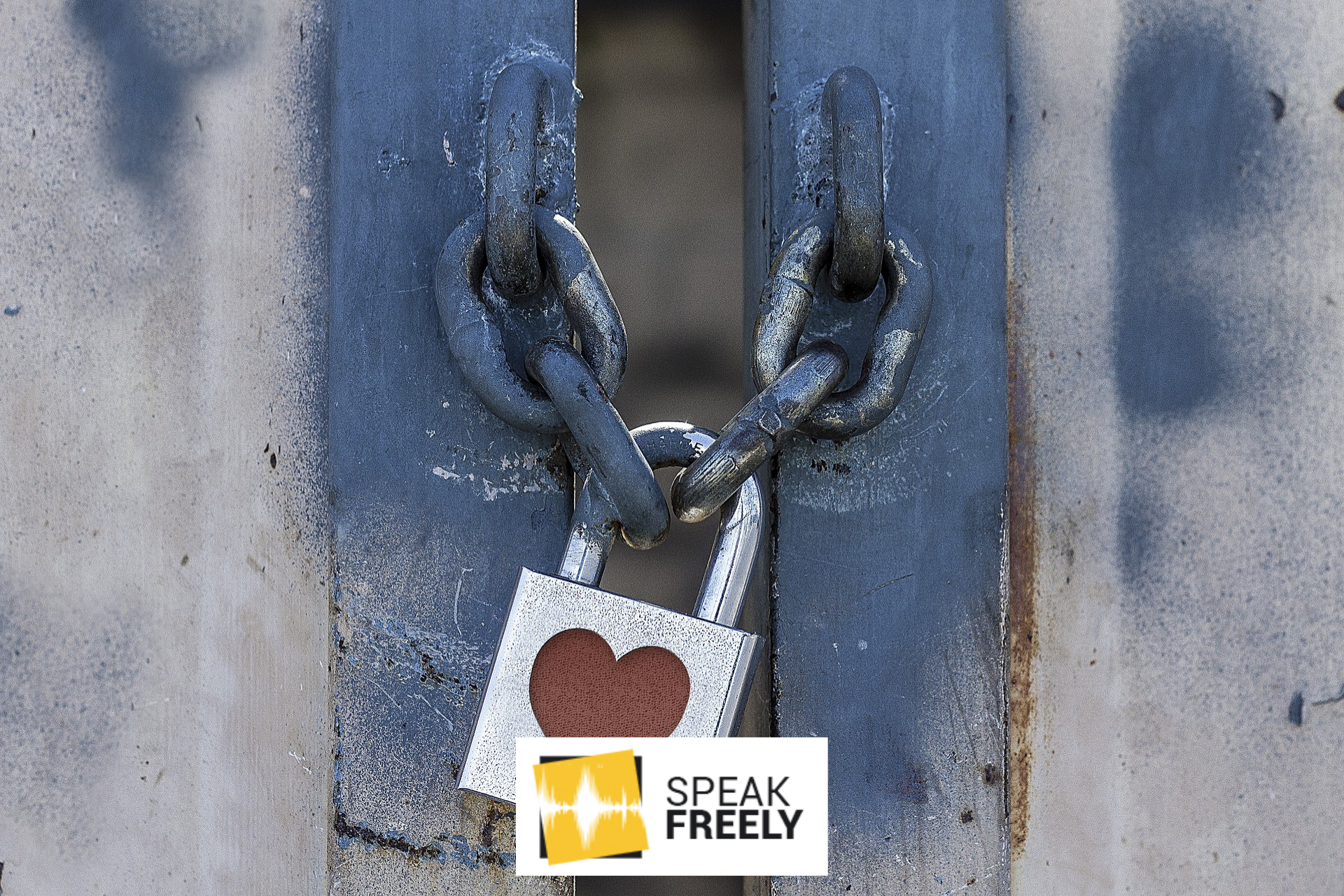The 15th of July has recently been announced as the new start date for increased restrictions on online pornography in the UK. The rollout has been repeatedly postponed, most recently with an eleventh-hour delay to their intended inauguration (rather poetically) on April the 1st.
Its supporters purport to be primarily concerned by underage viewers, and it is with this in mind that they have legislated a new legal responsibility for porn sites to verify the age of visitors. The specific method is left largely to the discretion of the hosts; they can elect to do so with the government’s flagship ‘porn passes’ scheme, whereby viewers can purchase access codes from a newsagent or high street store (after proving their age in person), or they can confirm their age themselves with card details or similar verification.
The first and most obvious issue with this proposal is the privacy implications. By mandating this information be provided to sites, it dramatically increases the information they hold on non-paying viewers, leaving those viewers more vulnerable to hacking. This will inevitably be of particular concern for people who would like to conceal their viewership, often understandably.
Consider, perhaps, people living in conservative religious communities, who may face social ostracisation or worse. Or, perhaps, someone who is not public about their sexuality – the content of sites that they visit could reveal that. People might be vulnerable to extortion; think back to the Ashley Madison hacking scandal a few years ago. This new bureaucratic initiative promulgates unnecessary anxiety for the private expression of individual sexuality.
The inefficacy of the proposals in tackling what they purport to is also striking. The government has conceded they will not be able to apply the same regulations to UK viewers using virtual private networks (VPNs) to imply residence in another country – a practice which has seen a dramatic growth in popularity in recent years. Interest in VPNs has spiked with the news of the restrictions.
This begs the question: what tech-savvy teenager (which is to say most teenagers) is this supposed to prevent from accessing porn? The only people likely to be impacted are those who (whether as a result of personal compunction or inability to circumvent it) comply with the law – most of whom are likely to be over 18 anyway. As happens so often in cases of prohibition or increased regulation the brunt of this law will be felt primarily by law-abiding adults.
It’s also important to remember the potential benefits that might be affected. Pornography allows for the exploration of sexuality in a secure environment, and without the associated risks that encounters in person are likely to entail. In this respect, pornography can be particularly useful for people questioning or unsure of their sexuality, and indeed those from sexual minorities. Insofar as it provides an avenue for exploration at leisure, it can play a significant role in sexual development.
This opportunity might not exist for some otherwise. Social stimuli such as fear of rejection or embarrassment influence most relationships, and they can be particularly pronounced for sexual minorities. Uncertainty as to one’s sexual orientation can compound the issue further, and the difficulty of actually approaching someone to talk about this, particularly if you yourself are not completely sure where you stand and thus what it is you are trying to explain, should not be underestimated.
These measures will dramatically increase the scope of government in regulating the internet and are part of a much broader attempt by politicians to establish greater control over internet content. The Home Secretary recently announced ‘Online Harms’, the government’s white paper covering ‘online safety’, which contains the bizarre assertion that “Companies will be held to account for tackling […] behaviours which are harmful but not necessarily illegal.”
The implications for free speech are obvious: the government is once again placing illusory safety ahead of freedom. This debate puts the government (as is becoming increasingly common) in a position to act in loco parentis. It is the responsibility of parents to regulate the internet activities of their children as they see fit. This is especially true considering the many people who have understandably voiced concerns about young children being exposed to explicit material (particularly inadvertently) online.
There are a number of market-based solutions readily available. Many internet providers offer voluntary content filters, as do companies providing mobile data. The approach here by the government is inappropriate, arbitrary and heavy-handed.
We should not succumb to a new puritanism that seeks to erode by stealth an idea that has drawn broad public support: one’s sexuality is a private matter and should not be policed by others.
This piece solely expresses the opinion of the author and not necessarily the organisation as a whole. Students For Liberty is committed to facilitating a broad dialogue for liberty, representing a variety of opinions. If you’re a student interested in presenting your perspective on this blog, click here to submit a guest post!
Image: Pixabay
